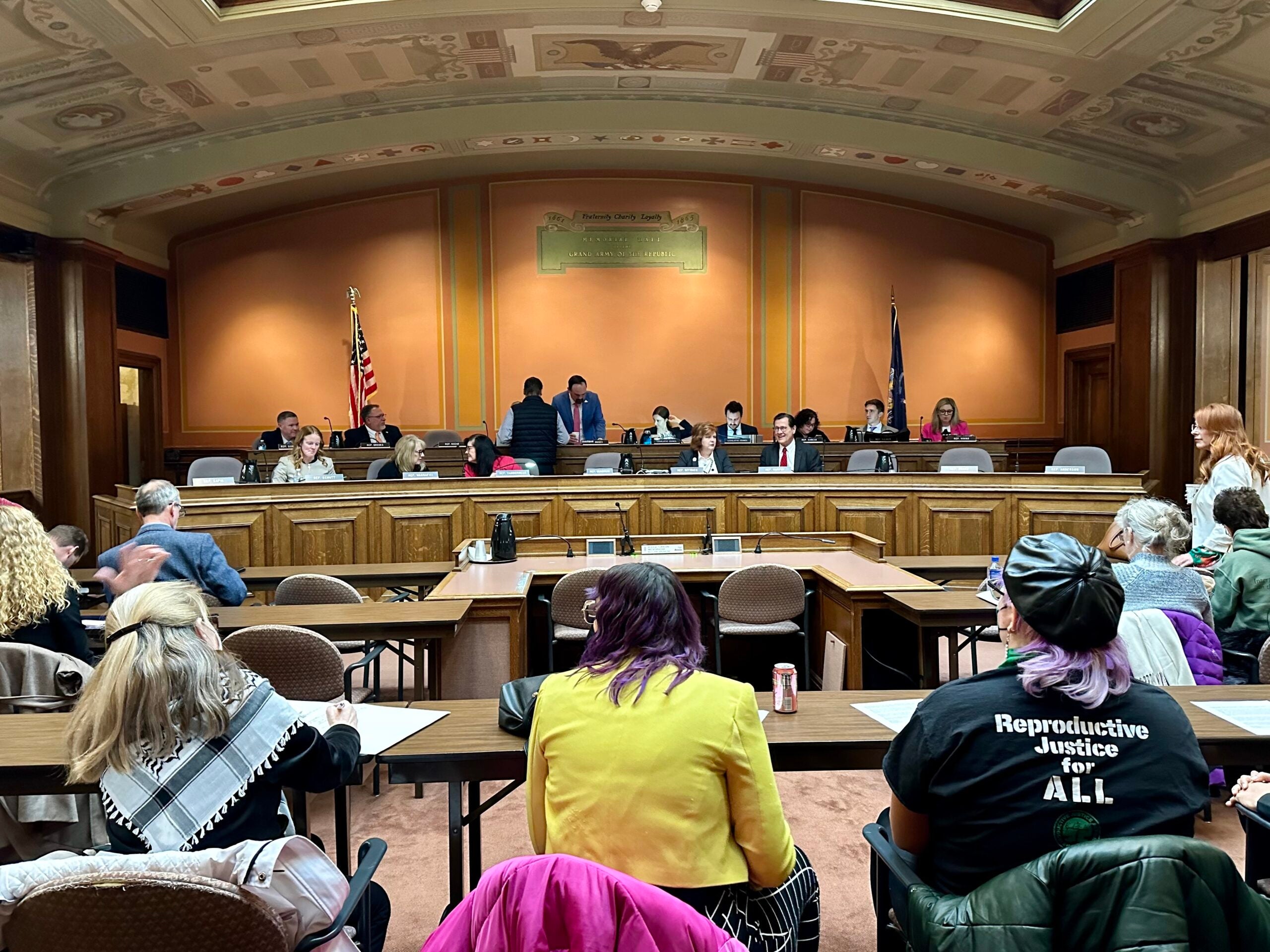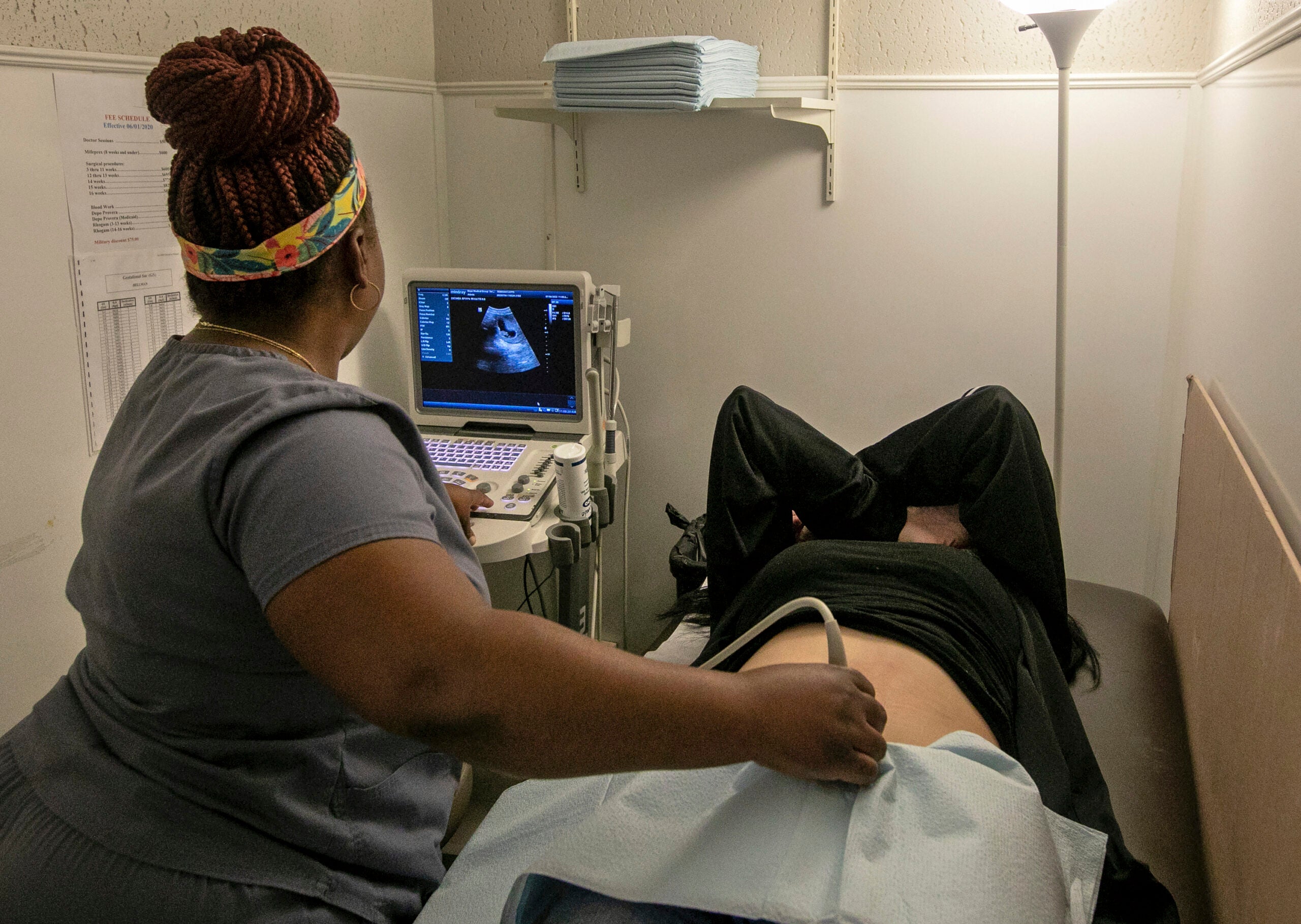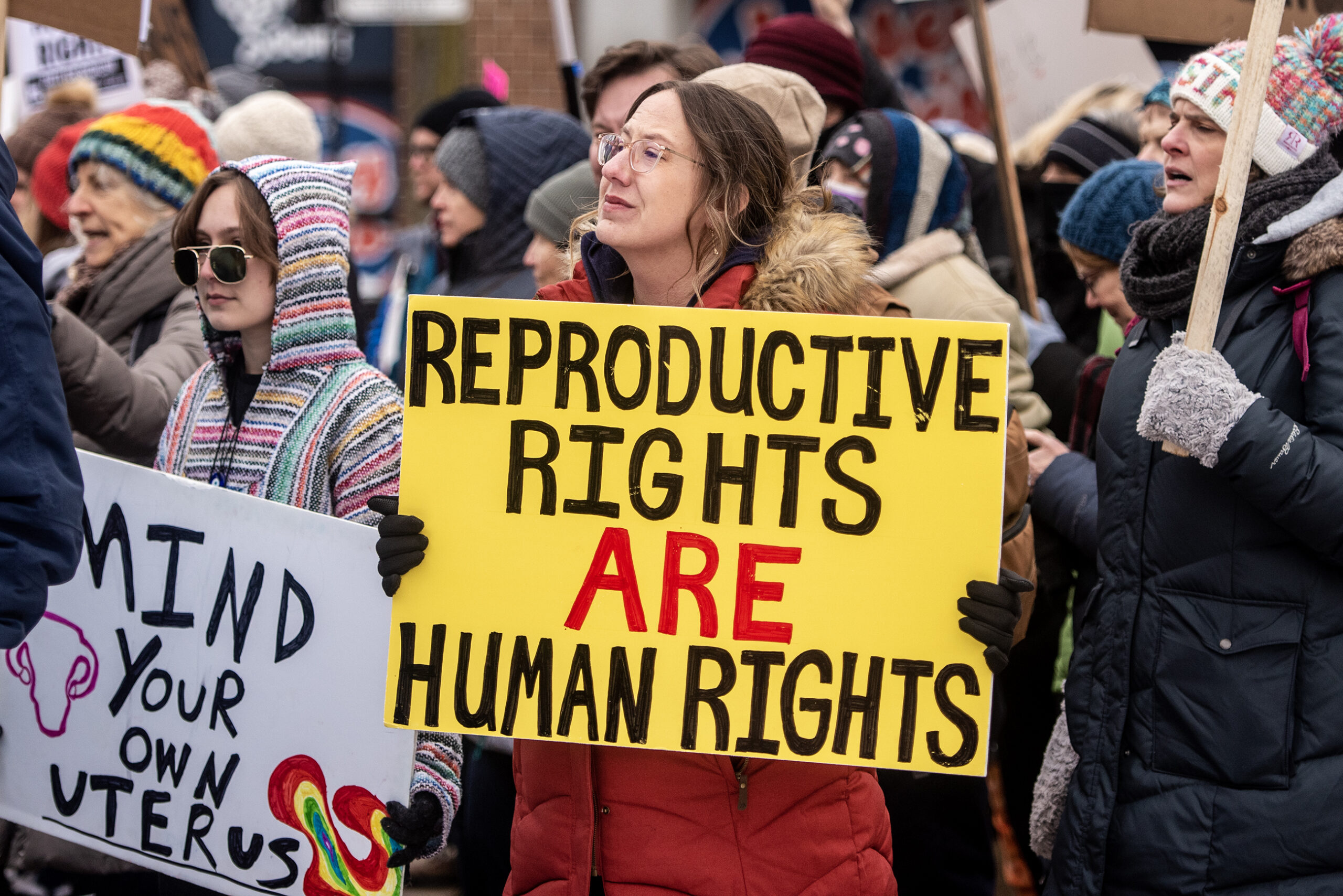The Trump Administration created a new office called the Conscious and Religious Freedom Division to handle complaints from health workers who are refusing to perform a service because of religious beliefs or other moral concerns. We talk with two guests on both sides of the issue on whether or not health care providers should be given this protection. We also talk about the latest on the government shutdown.
Featured in this Show
-
Congress Votes On Stopgap Measure To Reopen Government
Congress voted yesterday on a temporary funding package that would reopen the government following an impasse last Friday. The bipartisan measure will keep the government operating until February 8th. The shutdown, however, was controversial and Democrats and Republicans have cast blame across the aisle for the breakdown in negotiations. We speak with Susan Johnson of the University of Wisconsin-Whitewater about what’s in the measure approved yesterday and whether the shutdown could have an impact on public trust in lawmakers.
-
Wisconsin Advocacy Groups Disagree Over New Conscience Protection Guidelines
The U.S. Department of Health and Human Services announced earlier this month it will establish conscience protection guidelines, protecting health care workers who want to refuse to treat patients because of religious or moral beliefs.
Anti-abortion groups like Wisconsin Right to Life felt encouraged by the change, which they say will keep doctors with religious convictions from being “forced out” of the profession.
“I know I receive calls all the time at my office from medical professionals seeking to exercise their conscience protections,” said Chelsea Duffy, legislative/PAC director for Wisconsin Right to Life. “…Sometimes it’s something as simple as a pharmacist is uncomfortable with administering a drug that they know was developed using aborted fetal tissue. Sometimes it can be as dire as a physician being pressured about participating or referring to an abortion.”
Wisconsin has had conscience protection laws on the books for hospitals and physicians since 1974, one year after Roe v. Wade, a landmark U.S. Supreme Court decision that legalized access to abortions.
But Duffy said many health care providers aren’t aware of those laws. She hopes the new measures will bring clarity.
“Them opening the door on this issue I think is an encouraging step, because too often it’s overlooked and people’s rights are violated at the end of the day,” she said.
Some LGBTQ advocates are concerned the new guidelines may open the door too widely.
“They are so vague in many places,” said Loree Cook-Daniels, policy and program director for FORGE, a Milwaukee-based transgender advocacy group. “It looks like it may be possible not only for health care providers to say that they don’t want to participate, but it’s not clear that that right is not being extended to the receptionist in the doctor’s office who just says to you, ‘I’m not gonna let you see the doctor.’”
Cook-Daniels said her opposition isn’t about religious rights. Rather, she sees the regulations as painting with a broad brush; so sweeping that they could prevent some from getting life-saving treatment.
“We’ve had many incidents of this over the last few years,” she said. “We had a Michigan pediatrician that turned away a family because, she said, ‘I can’t treat this child because the child had two mothers.’”
Roger Severino, head of the U.S. Department of Health and Human Services Civil Rights Office overseeing the new initiative, told NPR he views the rules as anti-discriminatory.
“They ban discrimination against persons who exercise their conscience in the health care field,” he said. “It actually enhances diversity to have people from all walks of life with different views on controversial questions able to practice medicine.”
Duffy said the new rules should help retain talent in the health care industry.
“Once again, this comes down to: are we going to allow space for medical professionals to pursue their profession without issues of conscience?” she said. “Or are we going to set up a field where people who truly want to pursue their field are bullied out of it?”
-
Wisconsin Right To Life Welcomes Conscience Protections Announced By HHS
The Department of Health and Human Services announced last week it will establish conscience protection guidelines. These rules will allow healthcare providers to abstain from providing some medical services on the basis of religious or moral convictions. Wisconsin Right To Life says they welcome the change in policy. We speak with Chelsea Duffy of Wisconsin Right To Life about the news.
-
Milwaukee's FORGE Says Conscience Protections Could Have Negative Impact On LGBTQ Community
The Department of Health and Human Services announced it will establish conscience protection guidelines. These rules will allow healthcare providers to abstain from providing some medical services on the basis of religious or moral convictions. Loree Cook-Daniels of FORGE in Milwaukee joins us to talk about the potential impact conscience protections could have on the LGBTQ community.
Episode Credits
- Rob Ferrett Host
- J. Carlisle Larsen Producer
- Gretchen Brown Producer
- Susan Johnson Guest
- Chelsea Duffy Guest
- Loree Cook-Daniels Guest
Wisconsin Public Radio, © Copyright 2024, Board of Regents of the University of Wisconsin System and Wisconsin Educational Communications Board.




